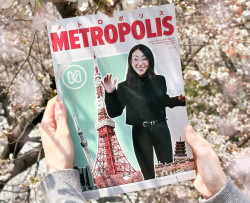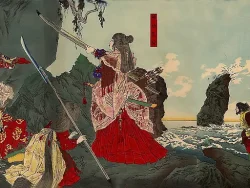
Originally published on metropolis.co.jp on June 2012

Back in the Tokugawa period (1603-1868), foreign words began to trickle into the Japanese language from Dutch traders and Portuguese missionaries. Back then, instead of katakana, these words were written with kanji, used for phonetic value (without respect to meanings). Each Western country came to be associated with a string of kanji, later abbreviated to a single character plus koku, for country. These modern kanji renderings of country names are used in place of katakana in official documents, newspapers, etc.
Although the kanji were chosen for phonetic and not semantic value, meanings can sometimes seem apt. Here are a few examples:
UK: 英国
eikoku; UK, “brilliant country”
France: 仏国
fukkoku; “Buddha country”
Germany: 独国
dokukoku; “solitary country”
US: 米国
beikoku; “rice country”
Thailand: 泰国
taikoku; “peaceful country”







